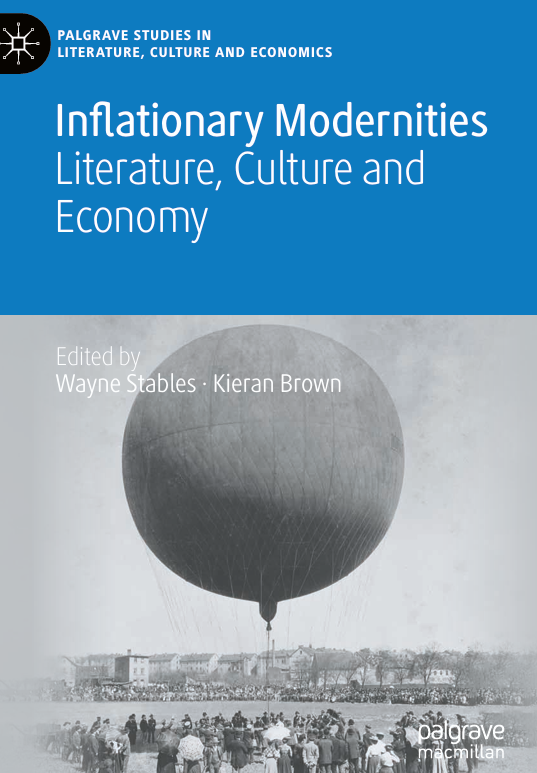
Somerville College
Oxford OX2 6HD
United Kingdom
Kieran Brown
(also Kieran Silbert Brown)
I am a researcher and lecturer at the University of Oxford, working primarily on literature and economics (in the so-called 'Economic Humanities'). In my spare time, I also consult on economic development, green energy and industrialisation (find me on LinkedIn). As a Rhodes Scholar, I received my DPhil (PhD) in English from Hertford College, Oxford, in November 2024. I am currently working on turning my dissertation on Walter Benjamin's economic writings into a book.
I completed my undergraduate and honours degrees in economics and literature at the University of Cape Town, South Africa, where I grew up. In 2020, I received my Masters degree in English (1900-present) from the University of Oxford, having written a dissertation on Samuel Beckett's Trilogy and economics. For my DPhil, I received funding from the Rhodes Scholarship, Skye Foundation Scholarship and Scatcherd European Scholarship. During this time, I was also a visiting researcher at the Humboldt University of Berlin (2023) and the University of Cape Town (2024).
I have a forthcoming edited collection with Palgrave Macmillan due to be published at the end of the year, entitled Inflationary Modernities: Literature, Culture and Economy, and have published widely in peer reviewed journals on modernism, economy and critical theory. You can find my Google Scholar page.
I lecture at Somerville College, Oxford.
